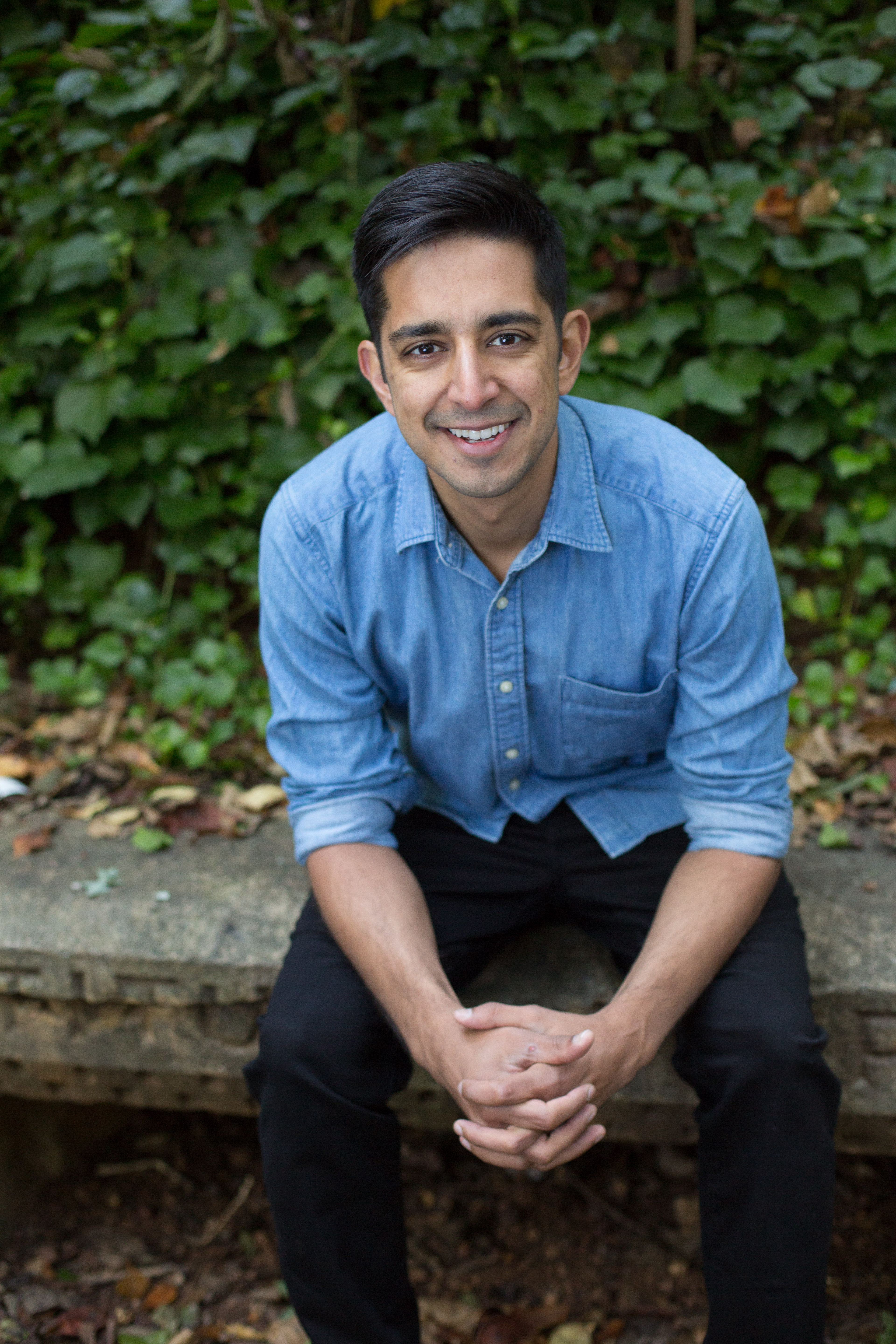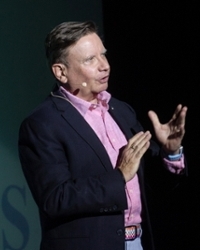Acupuncture. Ketamine infusions. “Electroshock” or electroconvulsive therapy. The existing treatment options for those diagnosed with Major Depressive Disorder (MDD) and Treatment-Resistant Depression (TRD), may sometimes feel daunting or expensive alternatives to medication. However, a groundbreaking study from Emory University demonstrates how psilocybin-assisted therapy could impact more than 5 million people in the U.S. pending approval from the FDA.
The findings highlight both the national need for therapies featuring psilocybin, the active ingredient in hallucinogenic mushrooms, as well as the considerations that elected officials, insurance companies and public health agencies would need to be aware of to successfully roll-out access to psilocybin-assisted therapy (PSIL-AT).
In the study, researchers used national data from the existing pool of people being treated for MDD and TRD, and applied exclusionary criteria based on comorbidities, such as mania, heart failure and diabetes, to rule out those who would be medically ineligible for the therapy. These findings indicate that anywhere from 56-62% of the individuals being treated for MDD and TRD — roughly 5.1-5.6 million people — would be eligible for PSIL-AT and could benefit from it.

Fayzan Rab, MD candidate, psychedelic researcher, and lead author of the study
According to Rab, psilocybin-assisted treatment currently has a breakthrough designation with the FDA, meaning that it will expedite a review of the Phase III clinical trial results because of its potential as a therapeutic for depression.
“What is really timely about this research is that it provides a data-driven number that is interpretable to the FDA,” says Rab. “This is how many Americans we think are at stake. I think that will be a meaningful estimate for the FDA to weigh when they consider whether to approve psilocybin for therapeutic use.”
If approved, private and public insurers such as the Centers for Medicare & Medicaid Services will shape both the demand and the availability of psychedelic therapy. According to the study, almost 20% of the 85 million Medicaid beneficiaries — or 17 million people — are likely to have clinical depression. Therefore, the conditions under which Medicaid might or might not reimburse for psilocybin-assisted therapy will determine the demand.
A psycho-spiritual model to bring patients to a state of spiritual and mental wellness
An additional prominent attribution to the study is that it is supported by Emory University’s Center for Psychedelics and Spirituality (ECPS), which integrates clinical and research-backed expertise in psychiatry and spiritual health to better understand the therapeutic value of psychedelic medicines.
George Grant, co-director of the ECPS, emphasizes that the public health forecast in Rab’s study provides policymakers with an idea of the economic impact, as well as if the treatment will meet the needs of the underserved.

George Grant, MDiv, PhD, is the co-diretor of Emory’s Center for ECPS and the executive director for Spiritual Health at the Woodruff Health Sciences Center.
Regarding the economic impact on the health care system, Grant adds, “Psychedelic medicines have promise because the intervention is so fast acting, whereas right now, insurance providers and payers often need to fund the use of antidepressants throughout their lives.”
Grant is referring to past clinical trials studying the efficacy of psilocybin, which indicate that just one singular 25 mg dose of psilocybin is often enough to reduce symptoms of depression — potentially decreasing the financial burden on insurance payers currently funding other interventions.
“I am glad to be supported by the Center for Psychedelics and Spirituality, which is an academic environment, providing an objective third-party perspective to policymakers, the FDA, and public health agencies,” says Rab, emphasizing that the study was not done in conjunction with any pharmaceutical agencies.
“I am really hopeful that continued research in the area of psychedelic medicine and therapeutics could benefit the millions of Americans that might qualify for it.”

